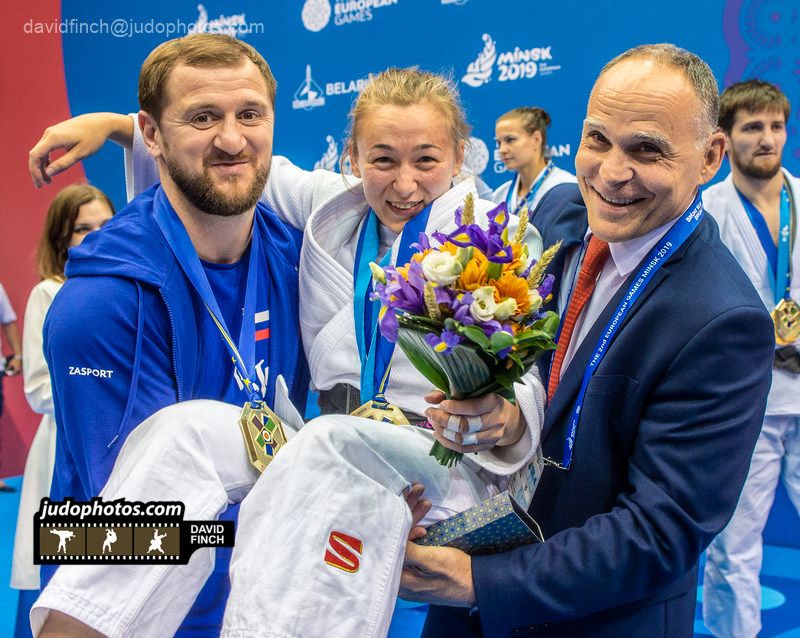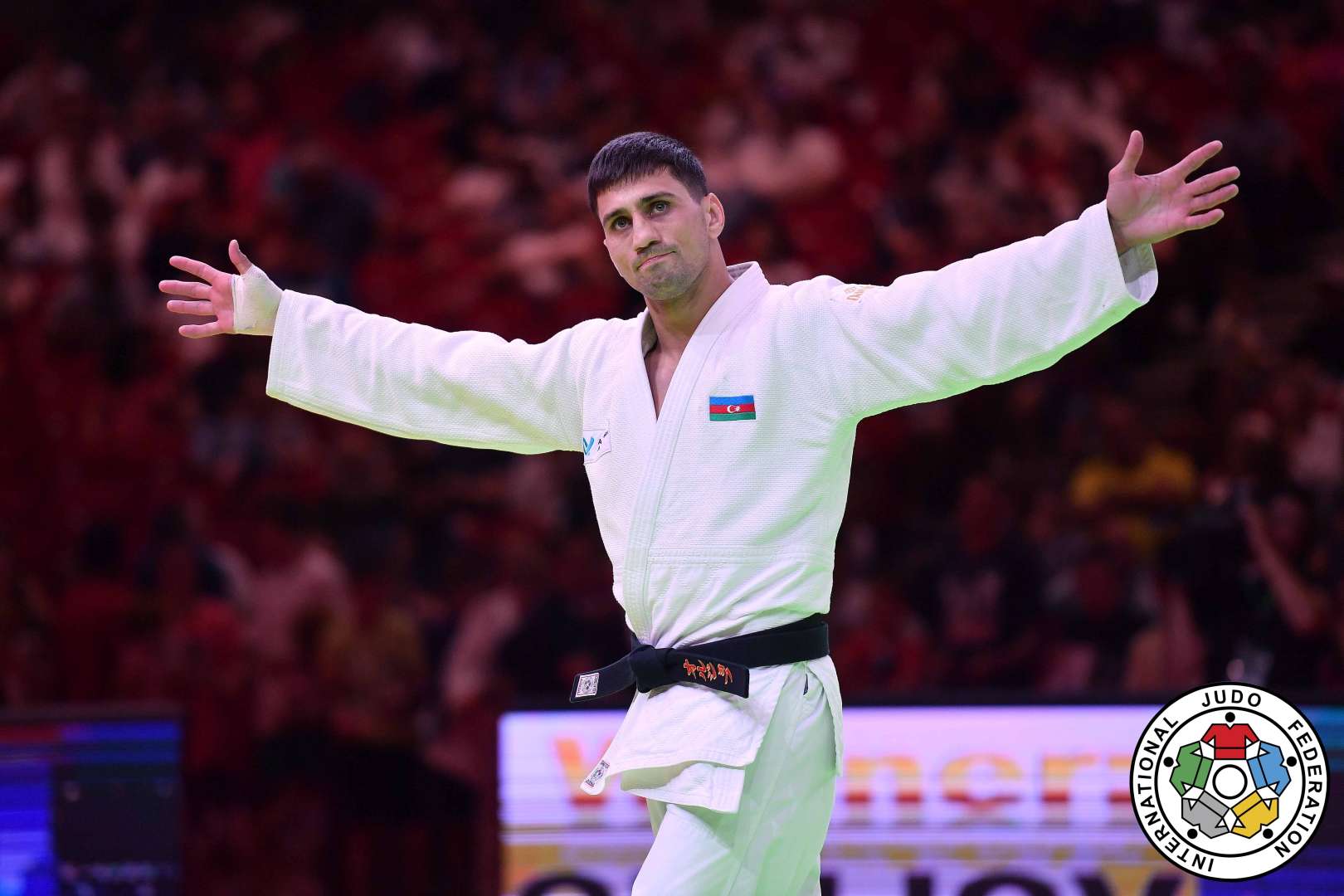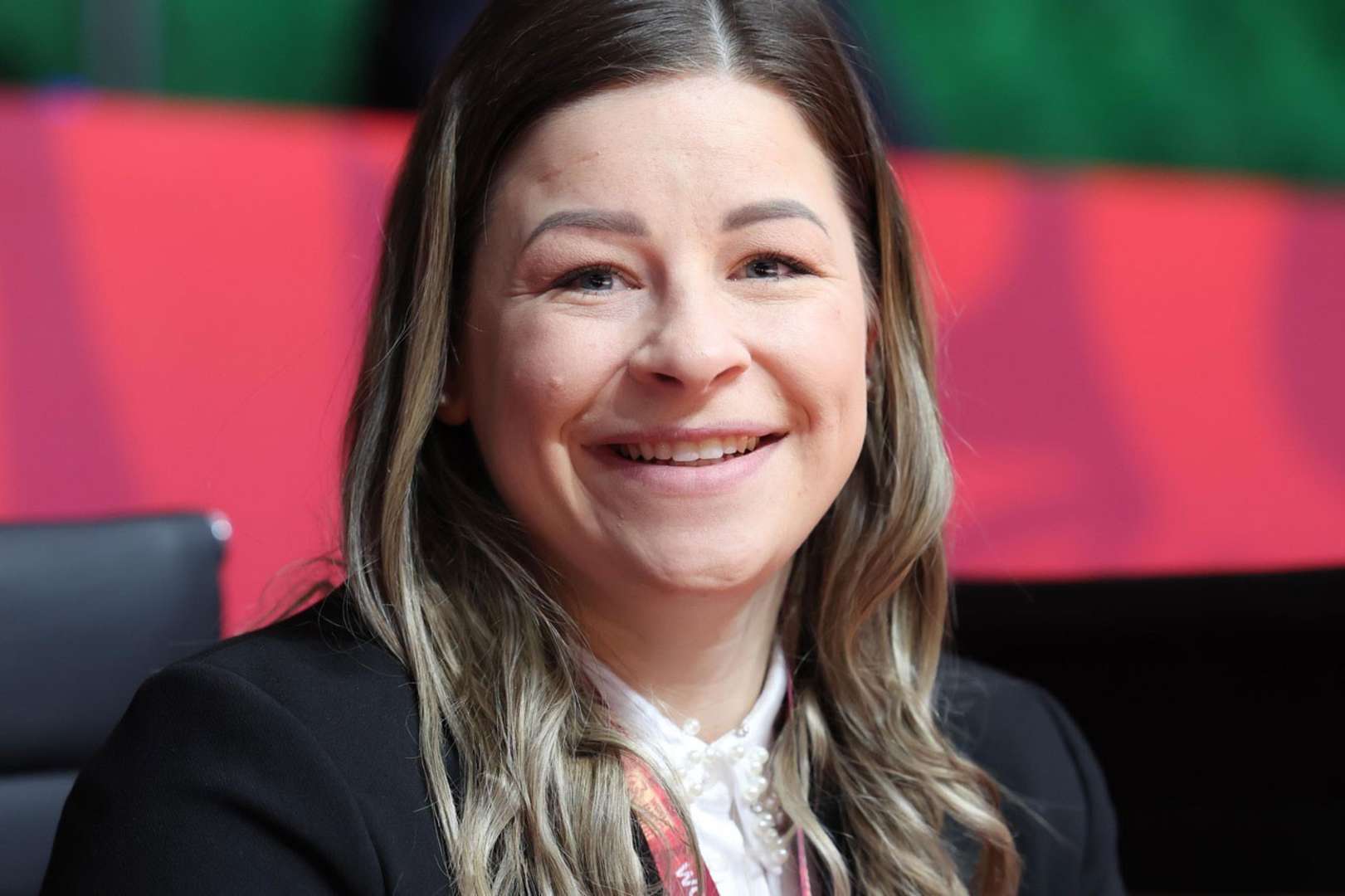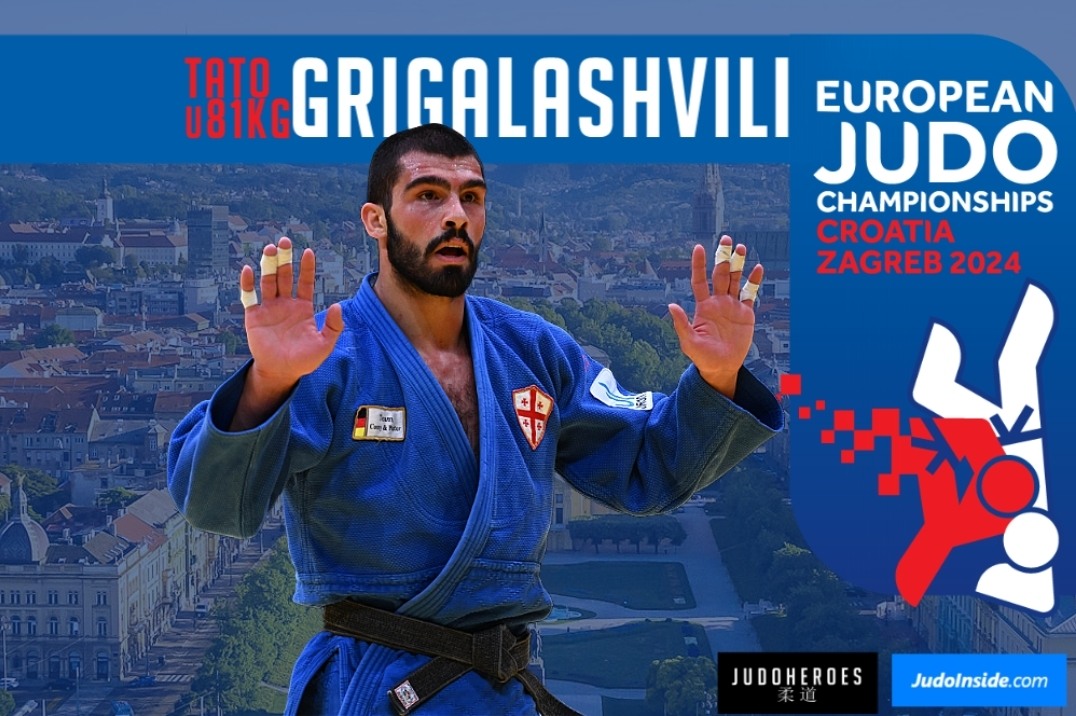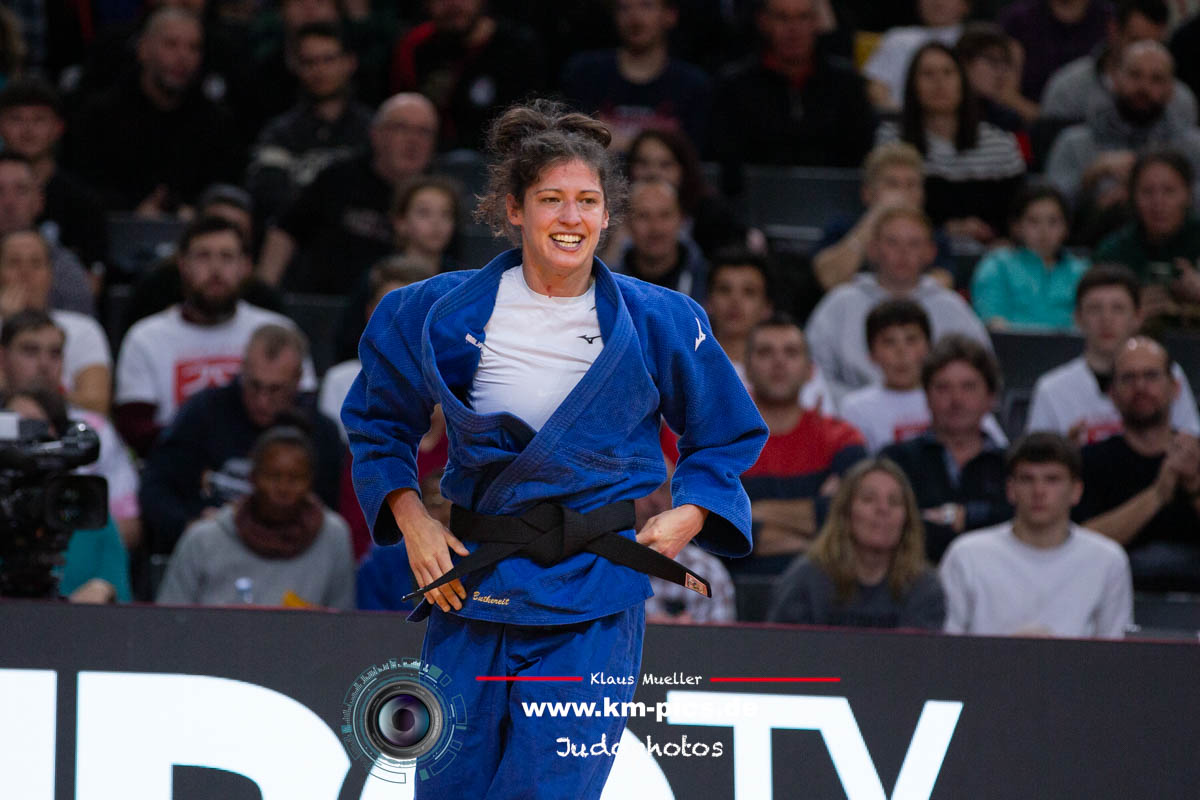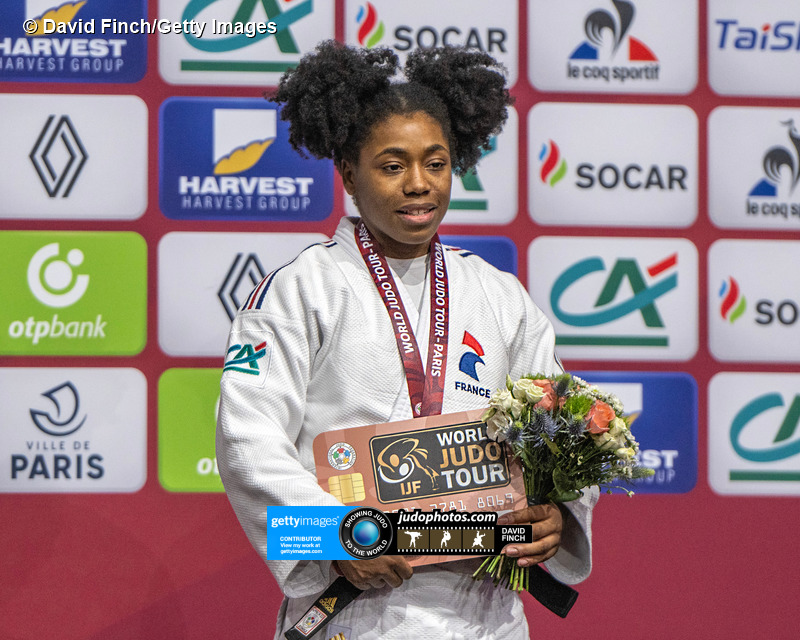Russian flag banned from Tokyo Olympic Games
.jpg)
 17 Dec 2020 16:55
17 Dec 2020 16:55
 By Liam Morgan Inside the Games
By Liam Morgan Inside the Games
 IJF Media Team / International Judo Federation
IJF Media Team / International Judo Federation
Only Russian athletes who meet certain criteria will be able to compete as neutrals at events including Tokyo 2020, Beijing 2022 and the 2022 FIFA World Cup in Qatar - should the nation qualify - under the decision rendered by the CAS. Judoka can still qualify but only compete under the neutral flag.
Russia's flag and anthem will be banned from the Tokyo 2020 and Beijing 2022 Olympic Games after the Court of Arbitration for Sport (CAS) halved the four-year period of sanctions imposed by the World Anti-Doping Agency (WADA) as punishment for the manipulation of the Moscow Laboratory data.
Russian athletes who have served a doping ban will not be able to represent any neutral team at the Olympics or World Championships.
The country will not be able to host, or be granted the right the stage, any major events during the two-year period where the sanctions apply and it must be stripped of any World Championships it has already been awarded "unless it is legally or practically impossible" to do so.
IJF Honorary President Putin
The decision also bars IJF Honorary President and Russian Federation President Vladimir Putin and other Government officials such as Sports Minister Oleg Matystin from attending the postponed Tokyo 2020 Games, the 2022 Winter Olympics in Beijing and World Championships unless they are invited by the Prime Minister or head of state of the host country.
Thursday’s announcement will not signal the end of the protracted Russian doping scandal as it will now be up to the International Olympic Committee (IOC) and International Federations to implement the decision, which comes into effect immediately.
WADA last December imposed a four-year package of punishments on Russia after it found data from the Moscow Laboratory had been tampered with and manipulated.
The CAS has reduced the period to two years but said this "should not be read as any validation of the conduct of the Russian Anti-Doping Agency (RUSADA) or the Russian authorities".
Athletes "shall not be subject to suspension, restriction, condition or exclusion imposed by a competent authority in any past or future proceedings which remains in force at the time of the specified event" in order to be cleared to compete.
WADA wanted more
The criteria in the CAS decision is not as strong as WADA had wanted, however.
In its December 2019 ruling, WADA said Russian athletes may only compete at major events "where they are able to demonstrate that they are not implicated in any way by the non-compliance with conditions including (without limitation) that they are not mentioned in incriminating circumstances in the McLaren reports, there are no positive findings reported for them in the database and no data relating to their samples has been manipulated and that they have been subject to adequate in-competition and out-of-competition testing prior to the event in question according to WADA".
It means Russians implicated in the McLaren Report, which substantiated allegations of state-sponsored doping by Russia at events including the Sochi 2014 Winter Olympics, will be able to take part at Tokyo 2020 and Beijing 2022.
Under the terms of the decision, Russia's name will be permitted on uniforms at events such as the Olympics, but the words "neutral athlete" - or an equivalent - "must be displayed in English in a position and size that is no less prominent than the name 'Russia'".
Russian Spectators
The colours of the flag will also be allowed, but the Russian national anthem is banned.
Spectators are free to bring the Russian flag into venues as Federations and code signatories will not be required to prevent them from doing so.
 like
like
 share
share
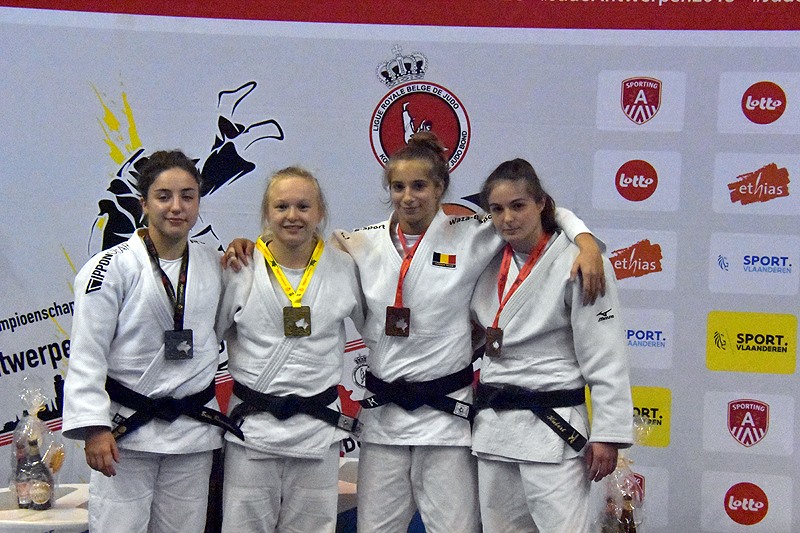
| Result | City | Date |
|---|---|---|
| 3 | Belgrade | 2023 |
| 2 | Montpellier | 2023 |
| 3 | Budapest | 2023 |
| 1 | Doha | 2023 |
| 1 | Paris | 2023 |
| Result | City | Date |
|---|---|---|
| 1 | Tashkent | 2 Mar |
| 1 | Paris | 3 Feb |
| 1 | Budapest | 2023 |
| 2 | Tokyo | 2023 |
| 5 | Montpellier | 2023 |


